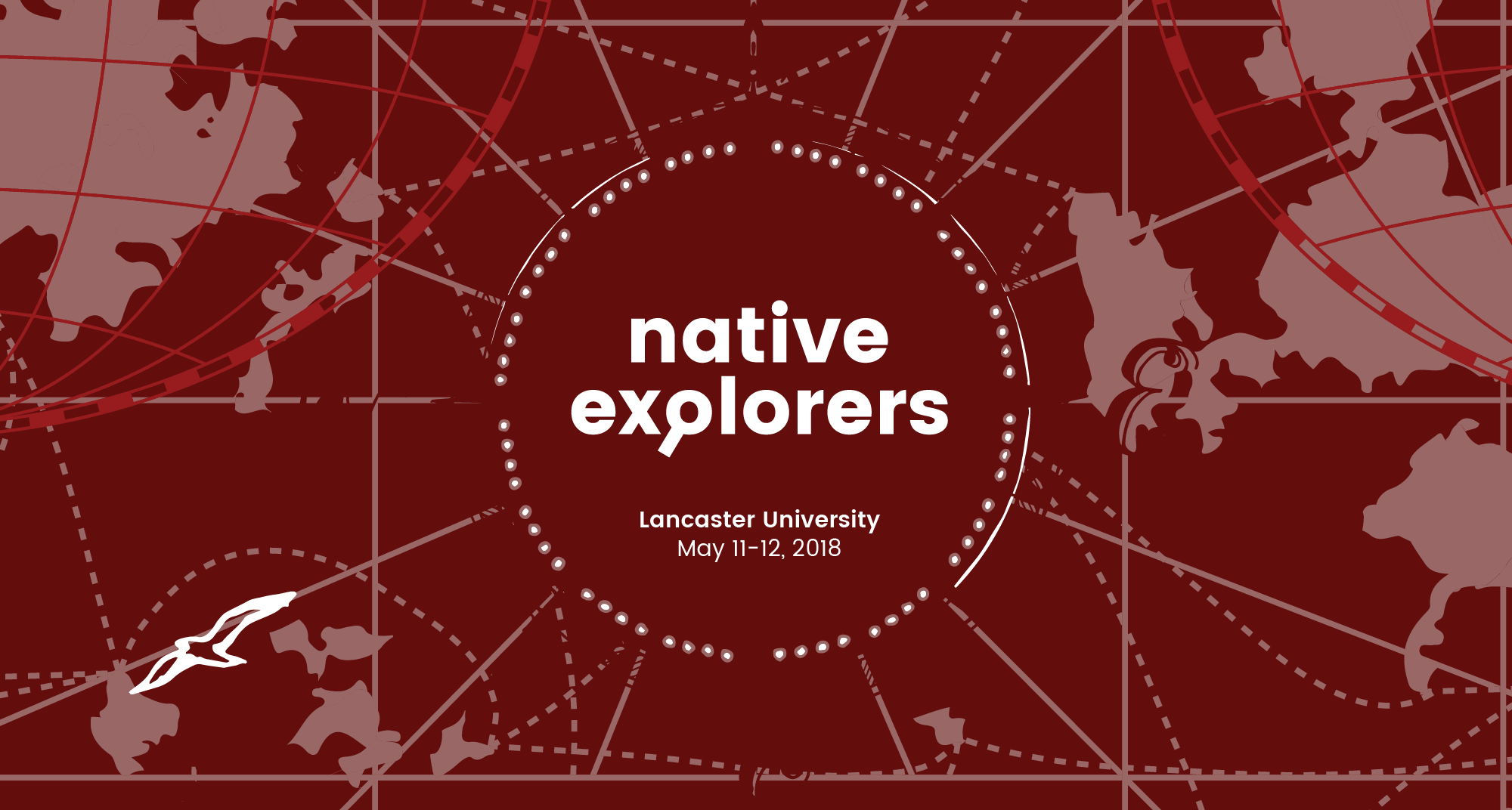Below follows the official English press release for the Native Explorers event, which promotes STEM and multilingualism in migrant children. Proud to be leading on behalf of Lancaster University and the Heritage Language Consortium and to be collaborating with the Native Scientist project and the Camões Institute on this important initiative.
To access the published release on the Lancaster University website, please click this link. (Thanks to Anne Rothwell from LU’s Press Office.)
New project will promote STEM subjects and multilingualism

A new project will promote innovative outreach initiatives among academics as well as encouraging Science, Technology, Engineering and Maths (STEM) education and careers among migrant communities in the UK.
May 11 will see the launch of Native Explorers at Lancaster University.
The event is a joint initiative by Lancaster University and Native Scientist, an award-winning non-profit organisation that promotes diversity in STEM and tackles educational disadvantage by bringing together scientists and pupils who speak a common heritage language (the language spoken at home).
Dr Patrick Rebuschat, who leads the project at Lancaster University, explained: “The joint initiative with Native Scientist provides Lancaster academics and professional services staff with an important opportunity to reflect on science outreach and on its role in widening participation, and to share expertise with a unique science outreach organisation that inspires immigrant children and young people across Europe to pursue STEM subjects and to develop proficiency in their heritage languages.”
The initiative is part of the new Heritage Language Consortium, a strategic partnership between six European universities, including Lancaster, and the Portuguese Ministry of Foreign Affairs.
Native Explorers takes place on two days, and each day has a different purpose.
The first day is mainly aimed at academics, professional services, science communicators and social entrepreneurs. It consists of a symposium on ‘Outreach Without Borders’, during which challenges and opportunities in science outreach and widening participation will be discussed. It will feature presentations on innovative science outreach initiatives for children, young people and adults who are based in the UK or abroad.
The second day is aimed at young people between 12 and 15 years old and consists of a series of four science workshops, delivered by leading Lancaster University researchers.
The workshops are offered in Portuguese, an important heritage language in the UK as it is the second most spoken European language in UK schools. The workshops will provide an opportunity to learn concepts from four different fields: Astrophysics, chemical engineering, plant biology and social entrepreneurship. They will target Portuguese-speaking students who live in the Greater Manchester and Lancashire regions.
As Dr Joana Moscoso, the co-founder of Native Scientist, said: “Migrant students are twice as likely to underperform in science and maths than the rest. They are also more likely to rule out higher education and think that a STEM career is not a real and viable option for them. With this project, we want to do two things. Firstly, we want to raise awareness about the impact that good and innovative science outreach projects can have. Secondly, we want to lead by example and give the opportunity to 40 Portuguese migrant adolescents to experience university for the first time in their lives, following the steps of people alike who succeeded in becoming a scientist and are now leading researchers at Lancaster University.”
Both events, funded and supported by Lancaster University’s Widening Participation programme, are free but registration is required. For more information, please visit our website or contact Dr Patrick Rebuschat and Dr Joana Moscoso via native-explorers@lancaster.ac.uk.
